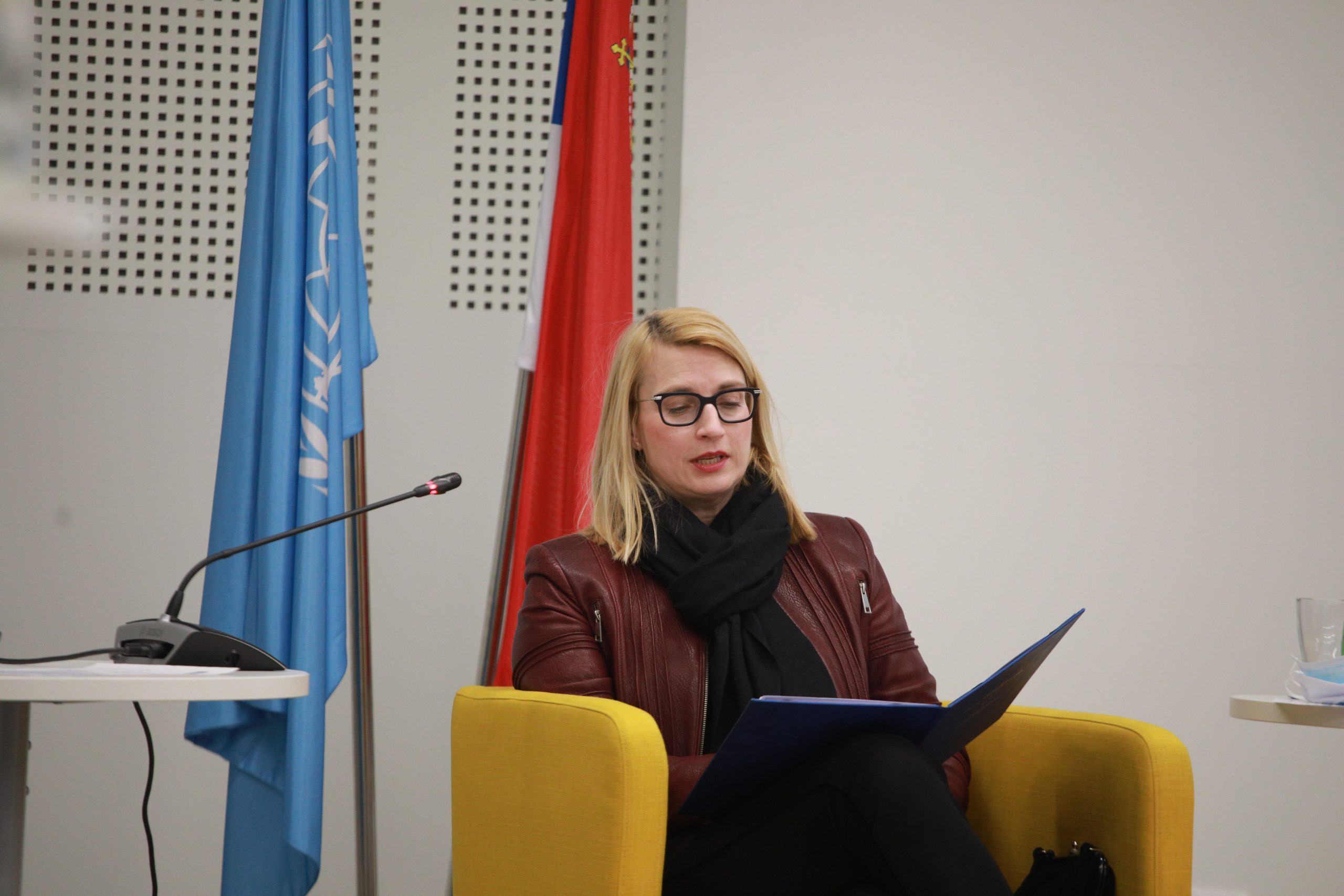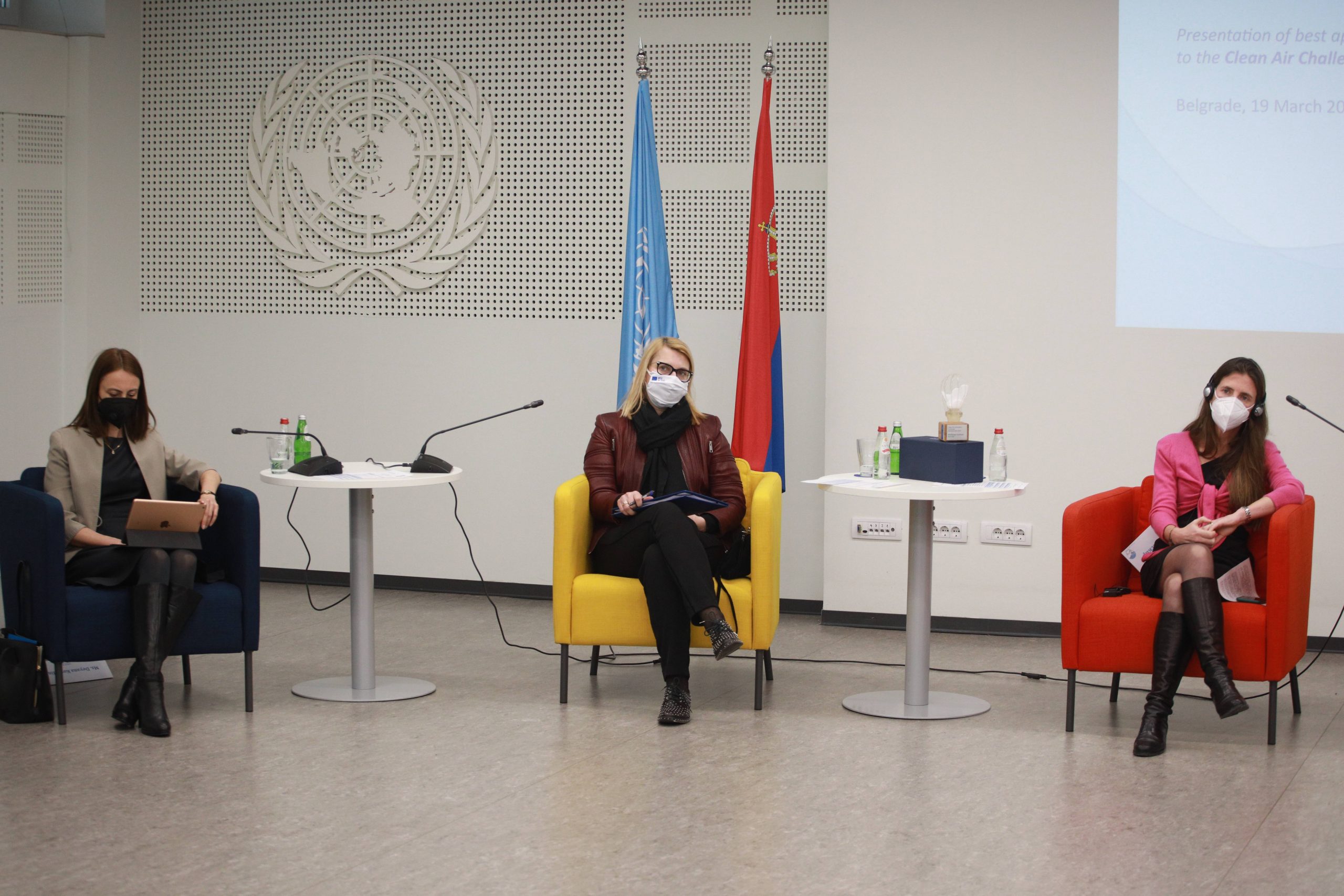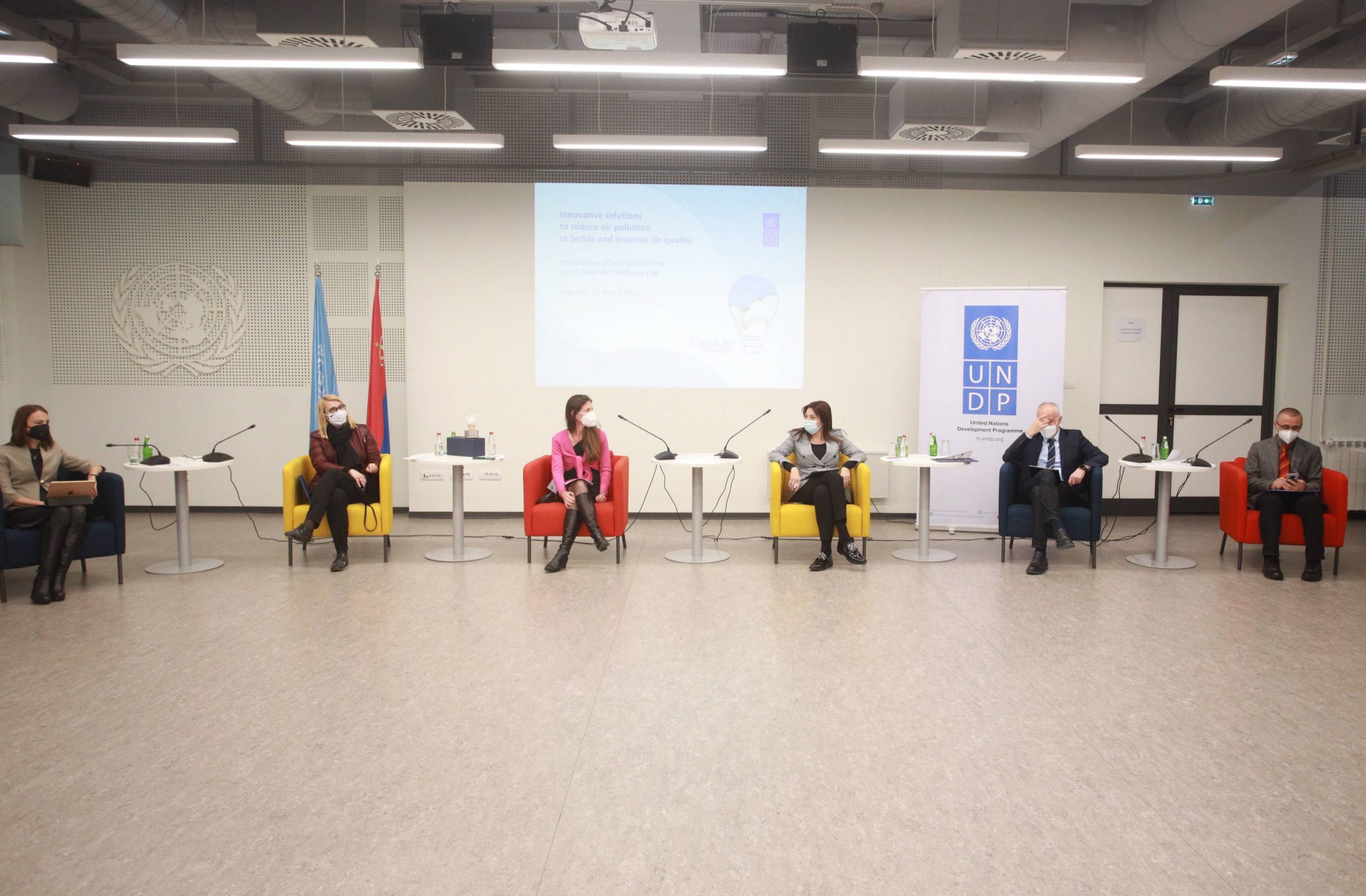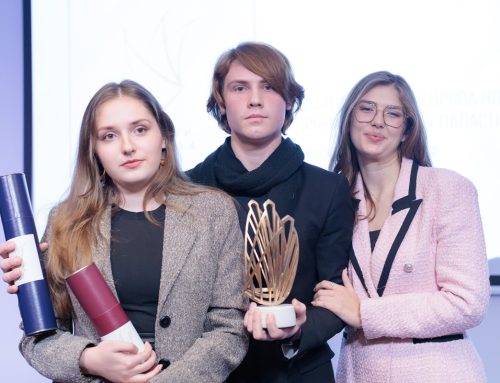The United Nations Development Program (UNDP) in Serbia presented the 14 most innovative local ideas for reducing pollution and improving air quality in Serbia, which arrived in response to the challenge “Innovation for cleaner air”, which UNDP sent with the support of UNICEF and the World Health Organization (WHO).
Among them are solutions for better air quality monitoring, air purification, improved fuel combustion, reduction of the impact of air pollution on children, as well as for the detection of air pollutants. All selected proposals have an equally important impact on the air quality we all breathe and are presented on the platform: http://cleanairresponse.undp.org.rs/ .
The European Union provides long-term and continuous support for environmental protection in Serbia. In cooperation with national institutions, as well as with civil society and international partners – such as UNDP – the EU has invested over € 400 million in environmental protection over the last 15 years, including the prevention of air pollution.

Photo: Beta
“I would like to inform you that the European Commission provides substantial support in the area of environment and climate change, which is a top priority in our pre-accession assistance. Recent projects included installing filters on the thermal power plants in Obrenovac, Morava and Kostolac to reduce emissions of pollutants, installing air quality measuring stations and providing expertise for climate action (development of climate law, climate strategy and action plan). I would like to congratulate Serbia for adopting the Climate Law yesterday, after a long process. In addition, this year, together with EU support, the Ministry of Environmental Protection will present to the public the “National Air Protection Programme” as a result of a 2-years analysis of the situation, modelling and data processing. Much work stay ahead for improving air quality, and rapid actions are still needed”, said Mateja Norčič Štamcar, Deputy Head of the Delegation of the European Union to Serbia.
Exposure to air pollution has serious negative effects on health, length and quality of life. Official air quality measurements confirm that throughout Serbia, mostly in urban areas, pollution levels exceed the values of WHO guidelines. According to the report of the Institute of Public Health of Serbia “Milan Jovanovic Batut” on air pollution on the territory of Serbia for 2019, the main emitters of pollutants in Serbia are the mining industry and energy sector, as well as the transport and construction sectors. In addition, poor quality coal used for heating in individual furnaces exacerbates this problem, as do unsanitary landfills.
“Air pollution is a complex and multi-layered challenge that requires a response from the whole society. To solve it, a stimulating legal framework is needed, as well as adequate financial resources for the implementation of measures, especially at the local level. It is also necessary to encourage local experts and innovators to come up with new solutions that will bring tangible benefits and have a long-term impact on improving air quality. Therefore, with the support of WHO and UNICEF, UNDP mobilizes and brings together international development partners, donors, representatives of national and local government, academia and private sector innovators to help combat air pollution in Serbia, “said Francine Pickup. Permanent Representative of the United Nations Development Program in Serbia.

Photo: Beta
Research indicates that reducing air pollution brings measurable health benefits. Improving air quality and reducing the concentration of PM2.5 particles can directly affect the reduction of mortality and diseases caused by air pollution.
In addition to contributing to the creation of a healthier living environment, all 14 selected innovative proposals have the potential to stimulate local economic development, innovation and entrepreneurship. UNDP, therefore, invites all interested parties to join and help realise the best ideas so that together we can provide cleaner air in Serbia in the long run.
The approximate total value of all 14 selected solutions for better air quality is one million dollars, and UNDP supported one innovative solution with available funds. This is the “Information system for mapping the place of burning stubble” (http://cleanairresponse.undp.org.rs/geoportal/), which was designed by the team of the Biosense Institute from Novi Sad.
More information:




